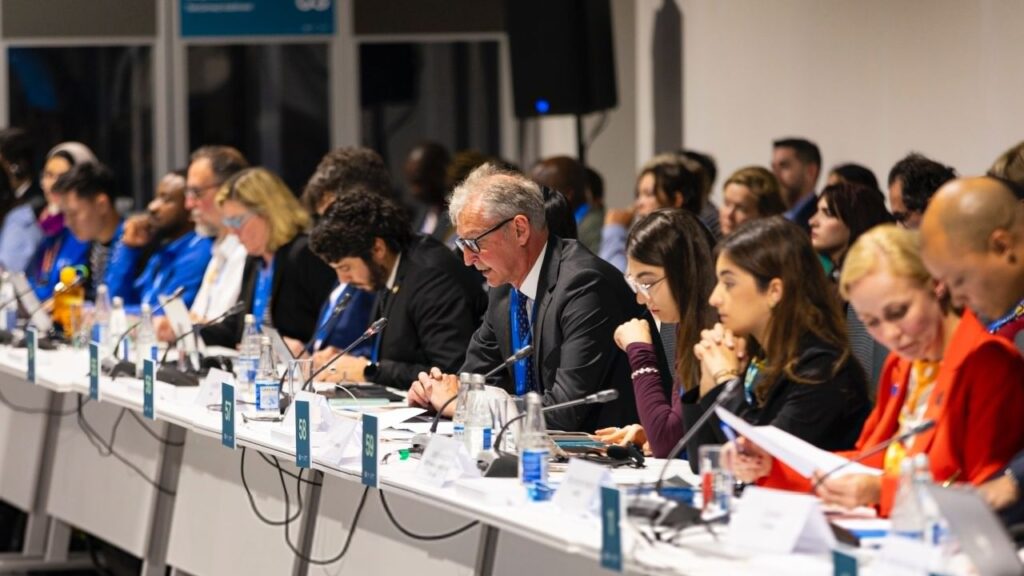On November 16, 2024, India made a significant statement during the closing plenary of the Subsidiary Bodies at CoP29 in Baku, Azerbaijan, concerning the Sharm el-Sheikh Mitigation Ambition and Implementation Work Programme (MWP). Responding to calls by developed nations to integrate elements from the Global Stocktake at CoP28 into the MWP, India expressed dissatisfaction with the push to broaden the scope of the MWP beyond prior agreements, which it argued hindered progress on the agenda.
India’s position was consistent with those of other developing nation groups, such as the Like-Minded Developing Countries (LMDCs), the Arab Group, and the African Group of Negotiators (AGN). The Indian delegation underscored their disappointment with the week’s progress at CoP29, highlighting the urgent challenges faced by developing nations. “We have seen no progress in matters that are critical for developing countries. Our part of the world is facing some of the worst impacts of climate change, with far lower capacity to recover from those impacts or to adapt to the changes…for which we are not responsible,” read India’s statement.
India emphasized the importance of adhering to decisions made during CoP27 regarding the Sharm el-Sheikh MWP and respecting the framework of the Paris Agreement’s Global Stocktake. The MWP, as established, was intended to foster constructive exchanges and facilitate climate action that respects national sovereignty and does not impose new obligations or goals.
Expressing discontent with the stance of developed countries during the conference, India pointed out that meaningful climate action requires financial and technical support. “If there are no means of implementation, there can be no climate action. How can we discuss climate action, when it is being made impossible for us to act, even as our challenges…are increasing?” the statement highlighted.
India’s lead negotiator criticized wealthier nations for shifting expectations and delaying commitments, using a disproportionately large share of the global carbon budget. “We now have to meet our developmental needs…with an increasingly depleting carbon budget and rising climate impacts. We are being asked to increase mitigation ambition by those who have shown no such ambition,” the statement said, emphasizing the unfair burden placed on developing nations.
The statement concluded by warning against turning the bottom-up nature of the MWP into a top-down approach, which would contradict the original mandate and principles outlined in the Paris Agreement.

